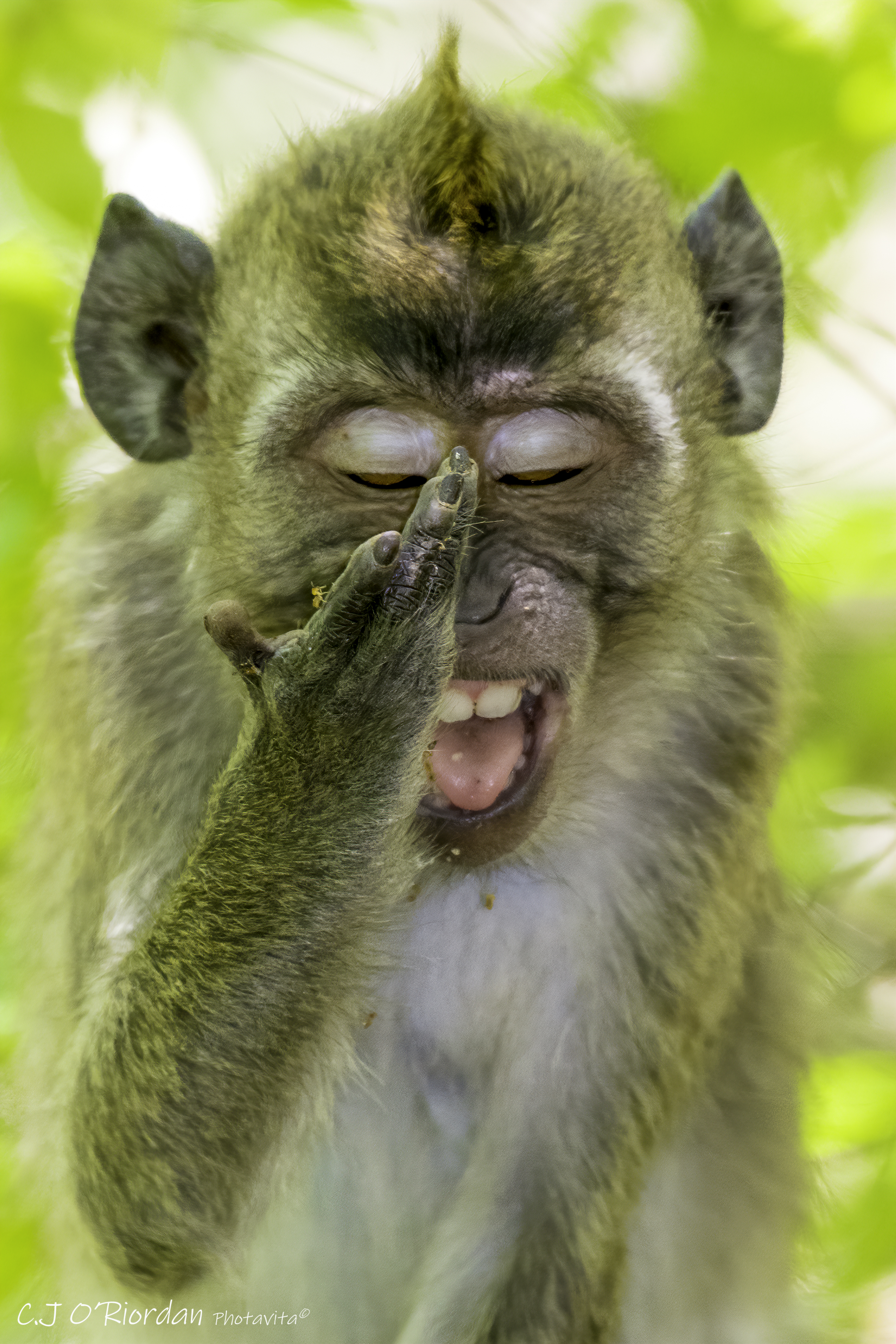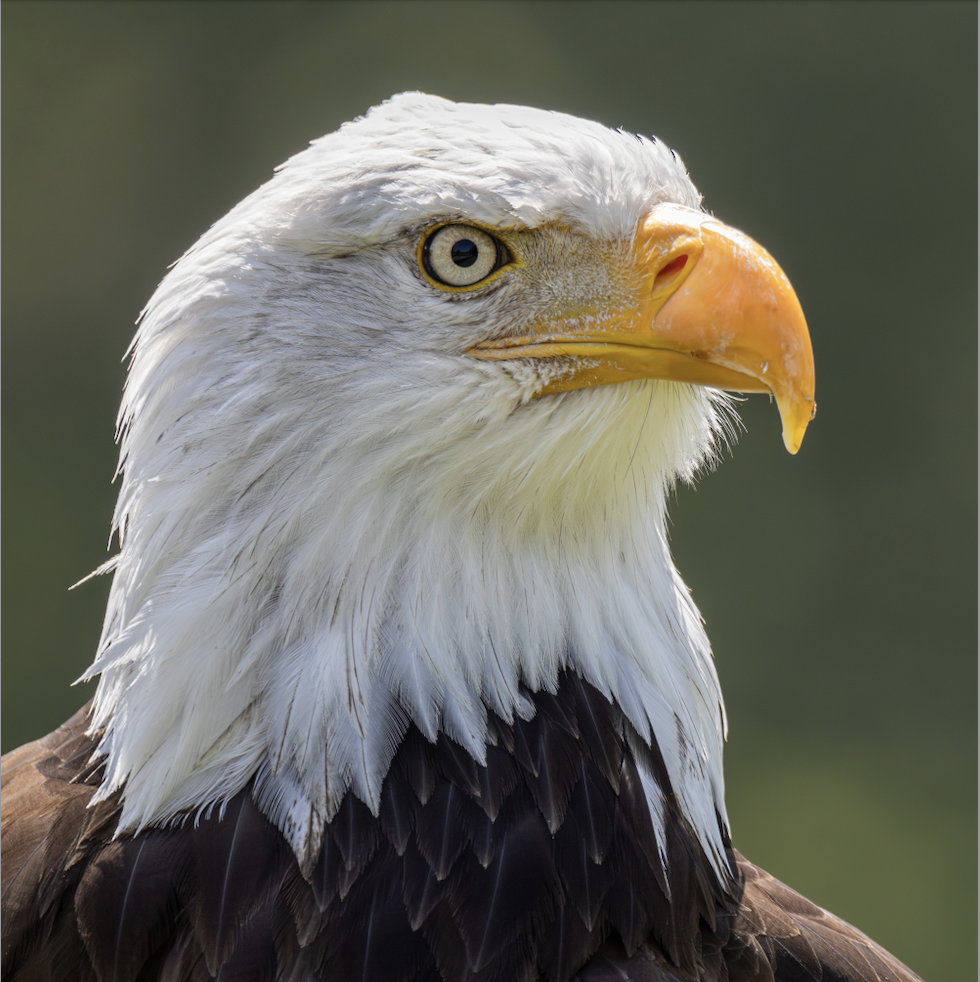European Greenfinch (Chloris Chloris)
Cambridgeshire July 2019
Nikon D7200, Nikon 200-500mm f/5.6
f/6.3, 1/1000s, ISO 500, 500mm
After having a chat with @AchtungDrempels about Greenfinches, I trawled through my catalogue to see if I actually had any photos of one. It turns out I have four, which is remiss of me as they are beautiful birds.
In Greek mythology Chloris was a nymph associated with spring, flowers and new growth, it comes from the Greek word Khloros, meaning pale green. All of which seem apt for a green bird that I find mostly in woodlands and hedgerows.
They eat a wide range of fruits, seeds, flowers and some invertebrates, and I found this one on a bramble bush eating its flowers.


No problem 😃
None of the following is necessarily the right way to do this, it just works for me.
I use Fast Raw Viewer to cull my images from the card. It’s very quick and has lots of useful tools for quickly analysing images and segregating them.
From there I store the images on my NAS.
I have various top level folders on the NAS by topic like holidays, portraits, wildlife, macro etc
Each top level folder will contain subfolders based on logical differentiators e.g wildlife–location, or Portraits --person
This makes it easy to find an image via folder navigation without going through lightroom.
For wildlife I visit the same places so i sequentially rename the new photos to continue from the last one in the sequence. E.g
Wildlife–Bempton–Bempton0000001.nef
I have one lightroom catalogue and I import the images into it from the folder.
I tag the images as I import them with useful tags. I have been meaning to add species to my wildlife images but that will take some weeks lol
Lightroom will let me find the images by folder or tag or exif data or date etc
I will score the images at this point which can help when searching.
Once imported I will select the ones I want to spend extra time on. Once any additional processing is done I might then use Topaz sharpen and denoise.
Lightroom’s noise reduction has gotten very good lately so I don’t tend to use denoise anymore.
If I want to print the image (rare) it will be on acrylic at 60x40cm so I might use Topaz gigapixel to upscale the image if it was a heavy crop.
I also use a screen calibration tool (Spyder) if I’m doing prints. Printing is a whole 'nother topic that I’m a complete amateur at.
I have Photoshop but I only use it for image stacking for macro and I’m sure you could get cheaper tools to do that with.
I hope that helps.
deleted by creator
Any other questions let me know 👍